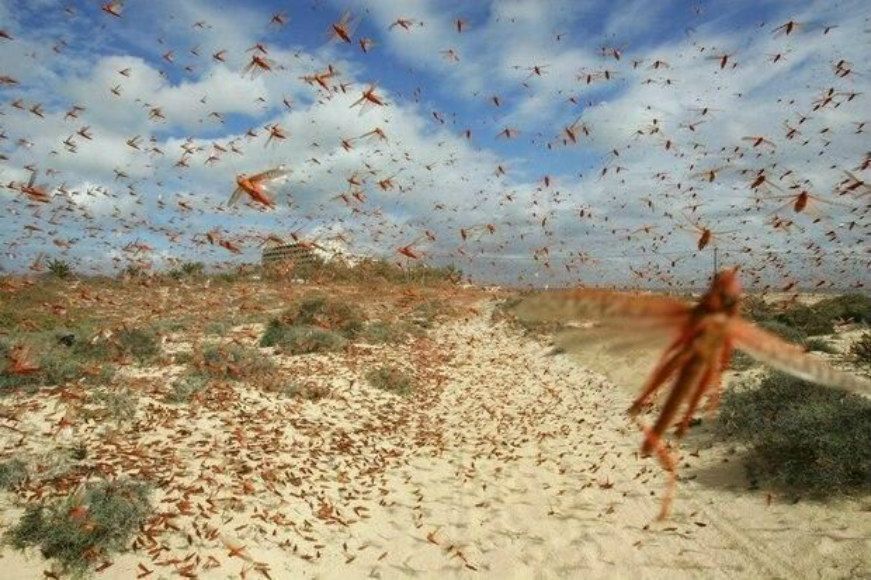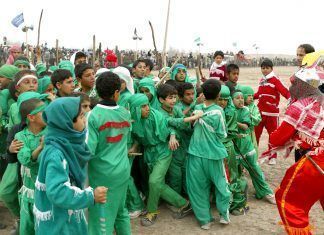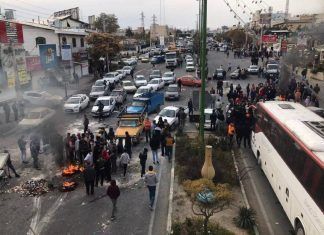Since late February, swarms of desert locusts (short-horned grasshoppers) have invaded the southern and southeastern provinces of Hormozgan, Bushehr, Kerman, Fars and Sistan, and Baluchestan and South Khorasan.
The spokesman for the Plant Protection Organization, Seyyed Mohammad Reza Mir, warns that worse is yet to come with an increasing number of swarms to arrive in southern Iran by the second week of May.
“The number of desert locusts swarming throughout the southern regions of the country will significantly increase in the next 10 to 12 days,” Mr. Mir said in a recent interview with the Mehr News Agency. “The swarm will travel through the Gulf States and the Red Sea before entering Iran.”
“We have sprayed nearly 125,000 hectares of land with pesticide so far,” Mir noted. “We have coordinated our efforts with authorities in the affected provinces to ensure that they have enough equipment, pesticide, and human resources to deal with the situation. There is at least one aircraft stationed in each one of those provinces for aerial spraying of insecticides. Fars Province has two airplanes it can use for aerial spraying.”
“The Sistan and Baluchestan province has been the hardest hit,” Mir explained. “Close to 53,000 hectares of the total area that we have sprayed so far has been in that region.”
“Fortunately, we have been able to stop the locusts from ravaging agricultural land and orchards so far. Our fight has, however, only started. We expect to spray close to one million hectares of land in the coming days.” Mir added.
Speaking to the Iranian Students News Agency (ISNA) a day earlier, the director of the Agriculture Jihad for the southern regions of Kerman Province, Saeed Barkhori, said: “According to FAO [the Food and Agriculture Organization of the United Nations], we can expect a significant increase in the number of desert locusts arriving in Iran by the second week of May. The swarm will also be bigger than last year.”
“We have been battling swarms of desert locusts in the southern townships of Ghalshjang and Hamun-e Jaz Murian,” Mr. Barkhori noted. “Fortunately, we have prevented them from invading the farmland in the province.”
This article was translated and adapted from Persian by Fardine Hamidi.






